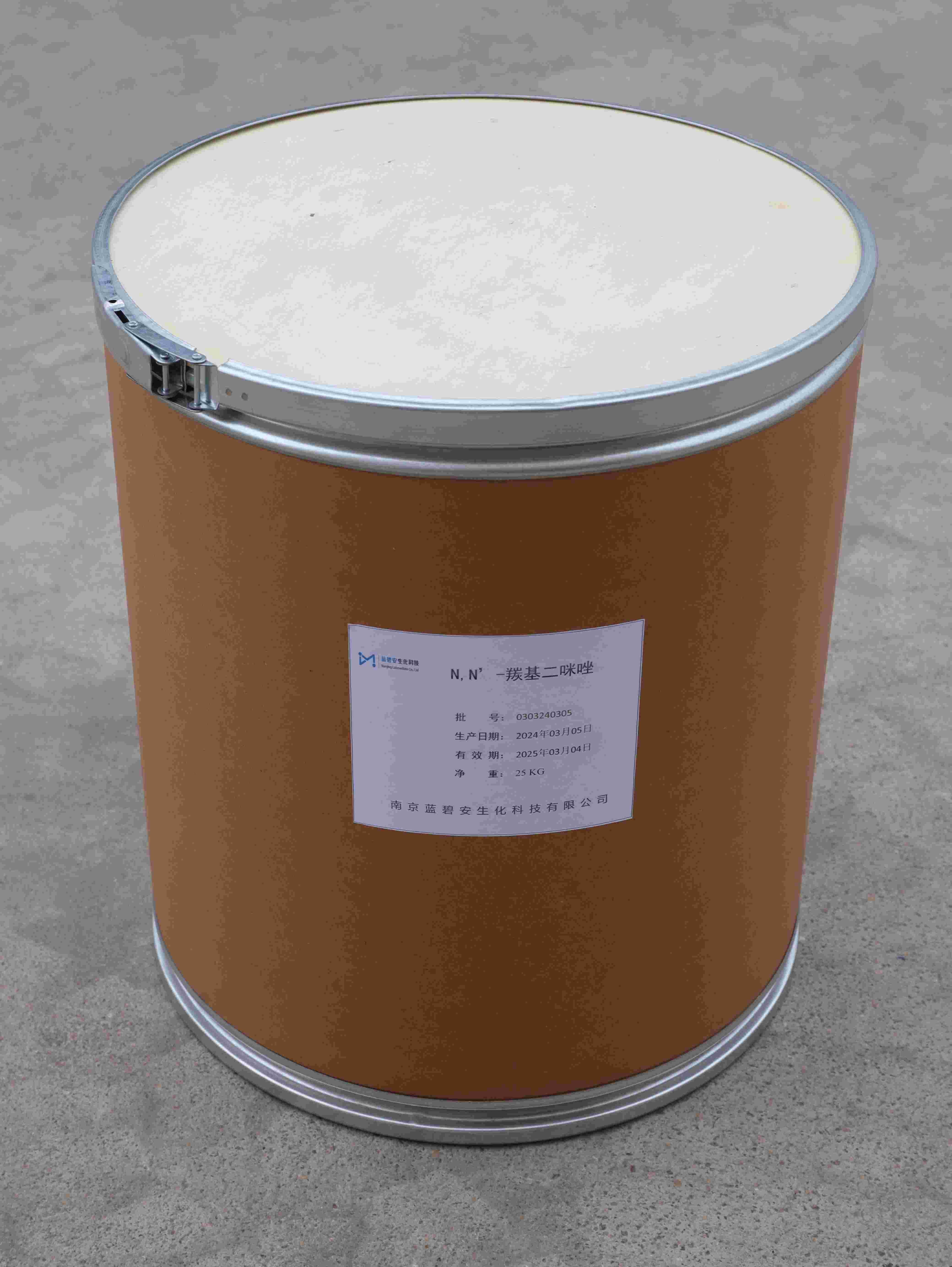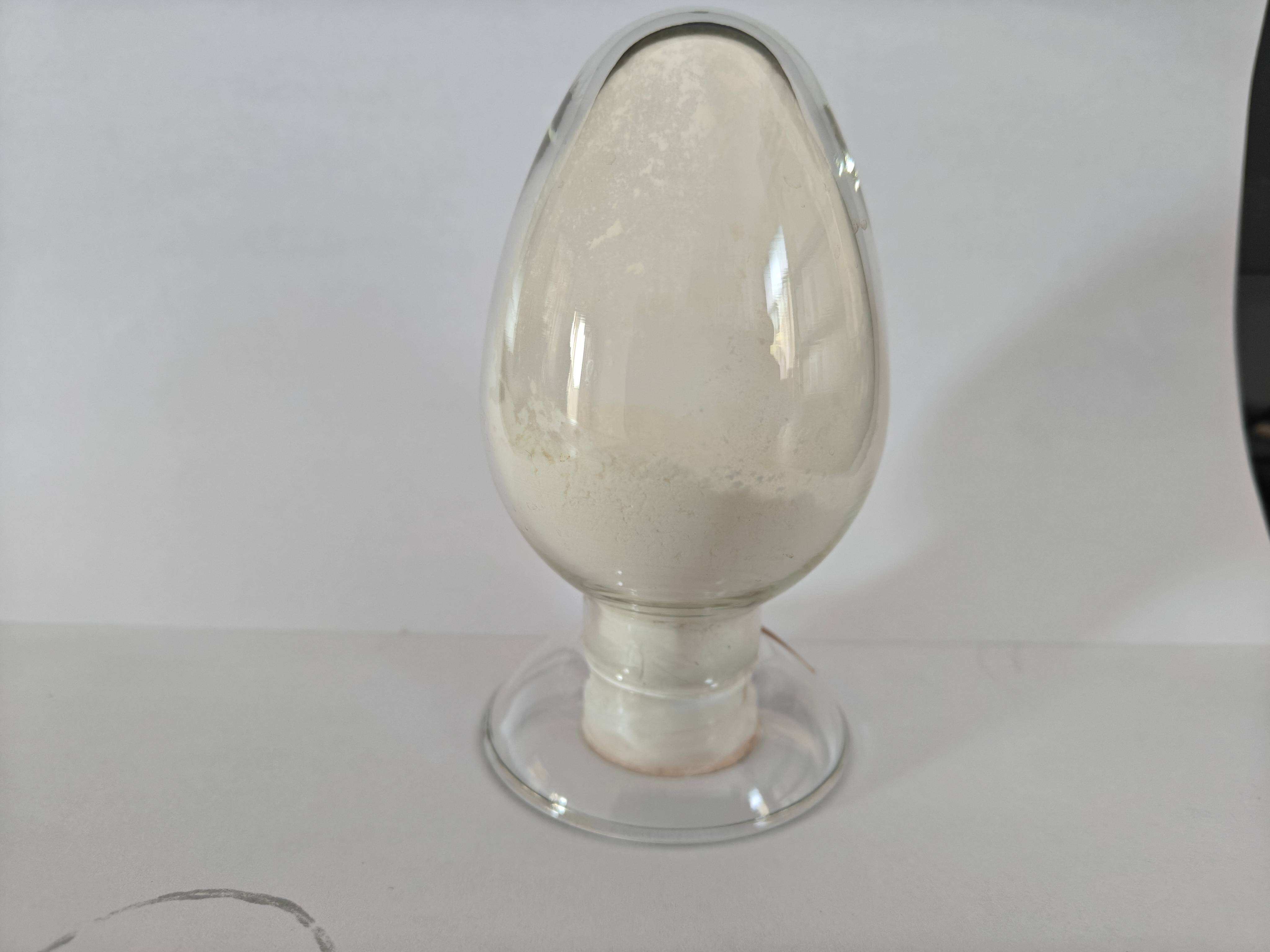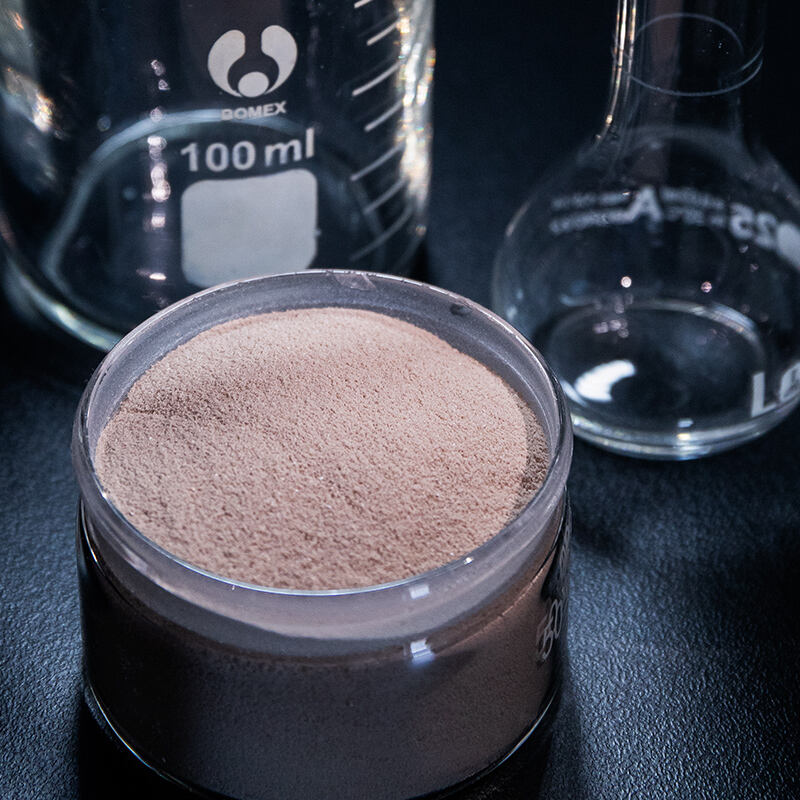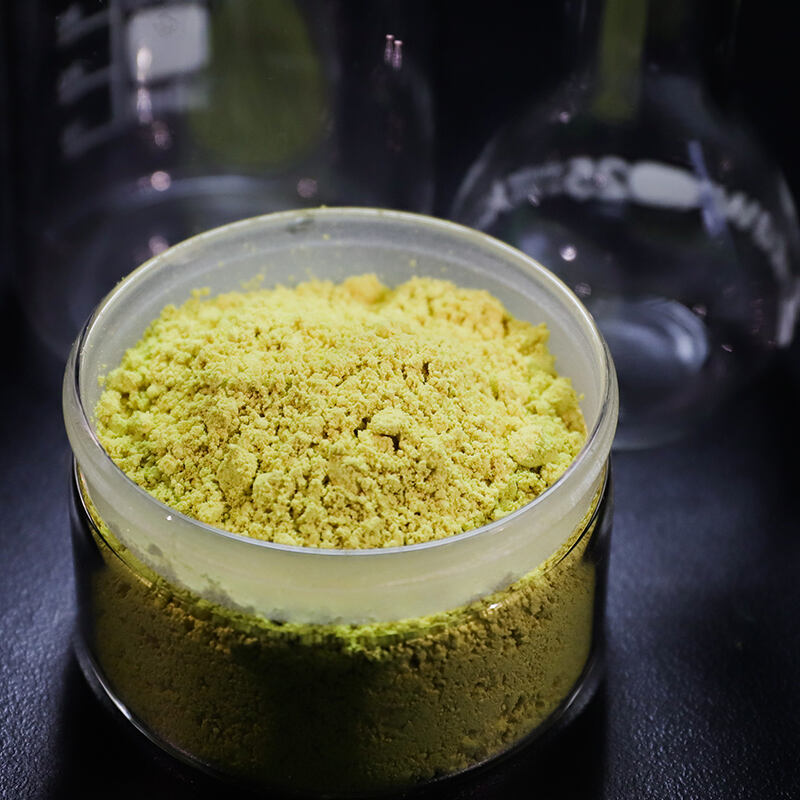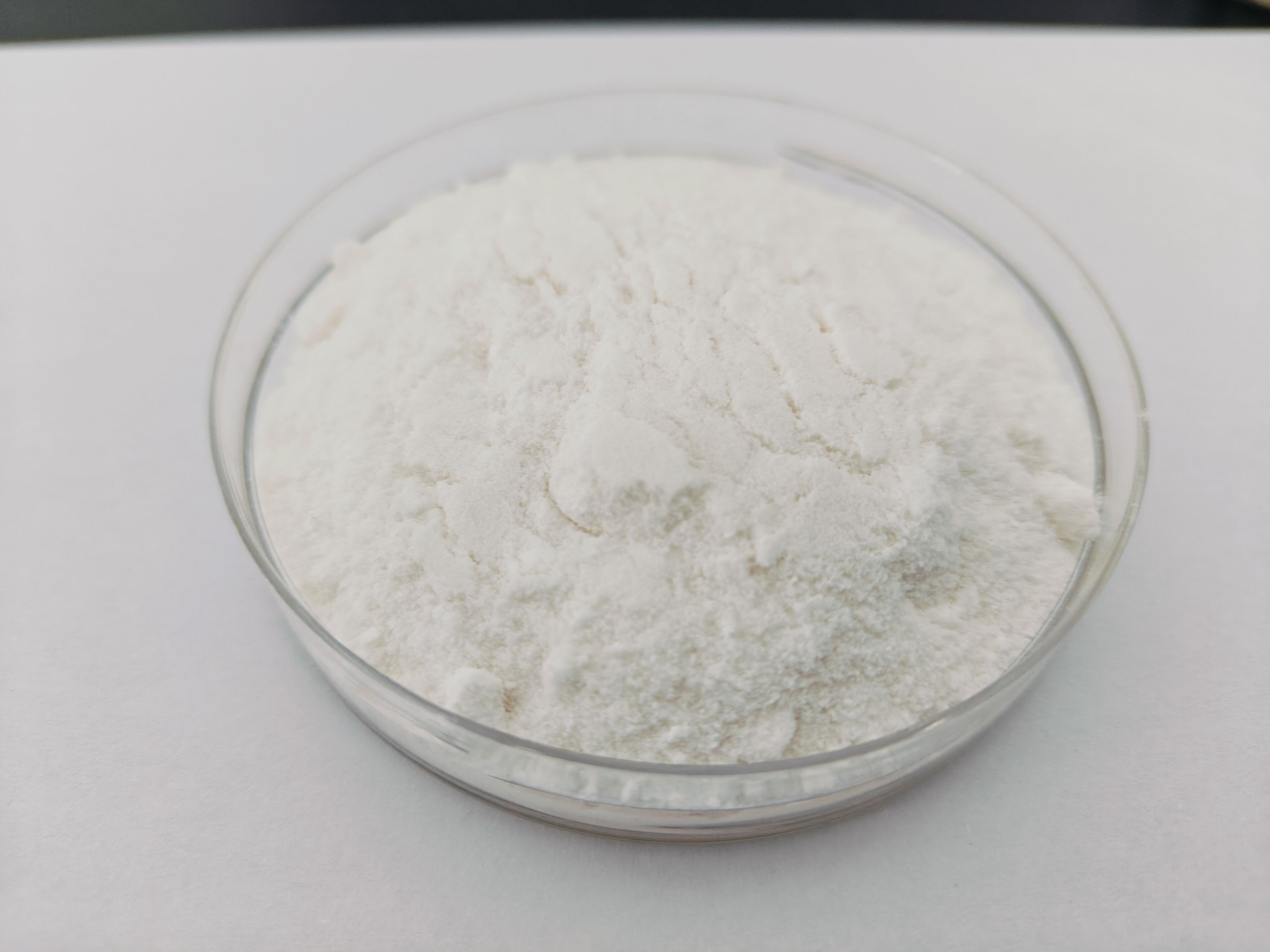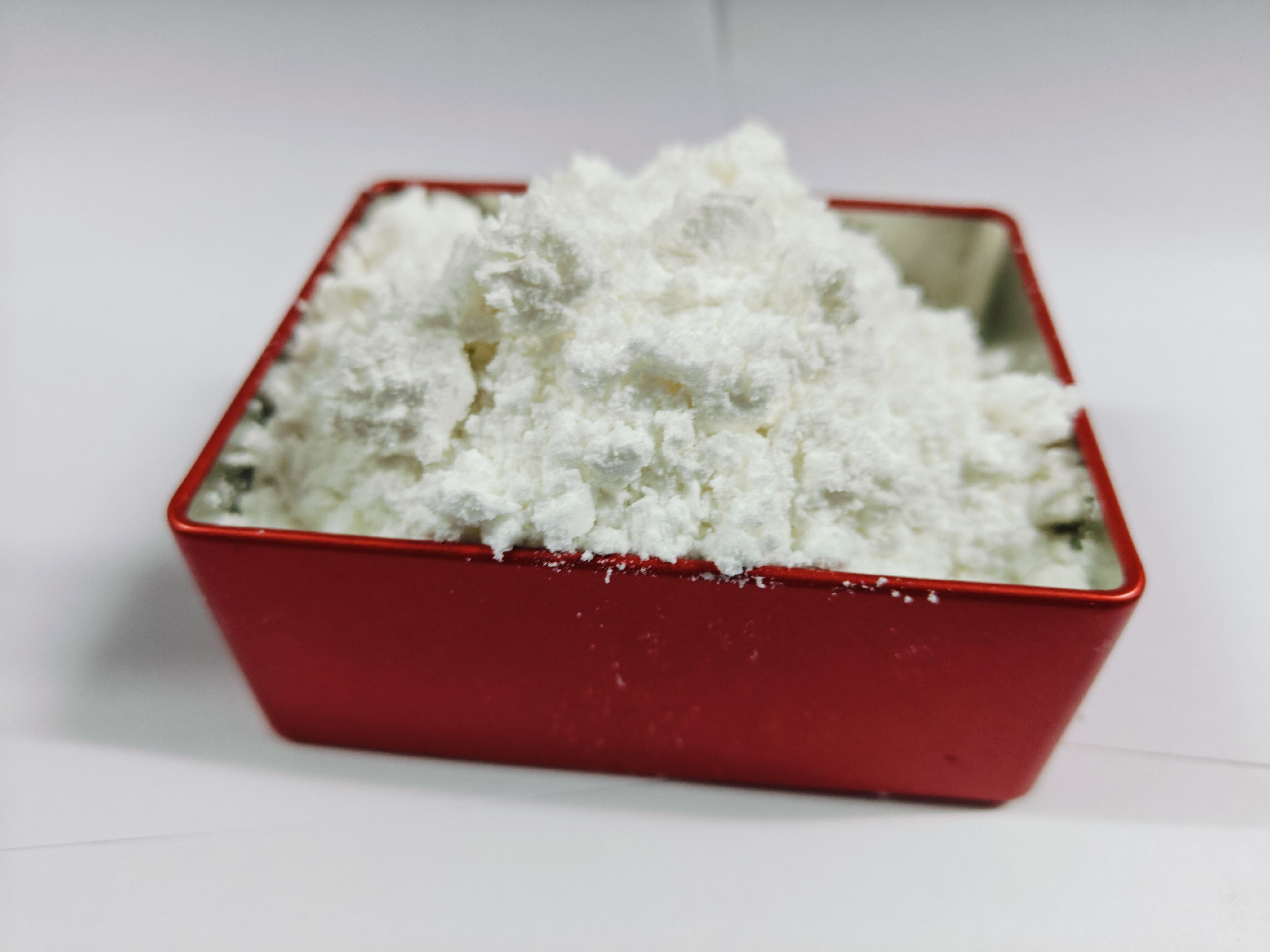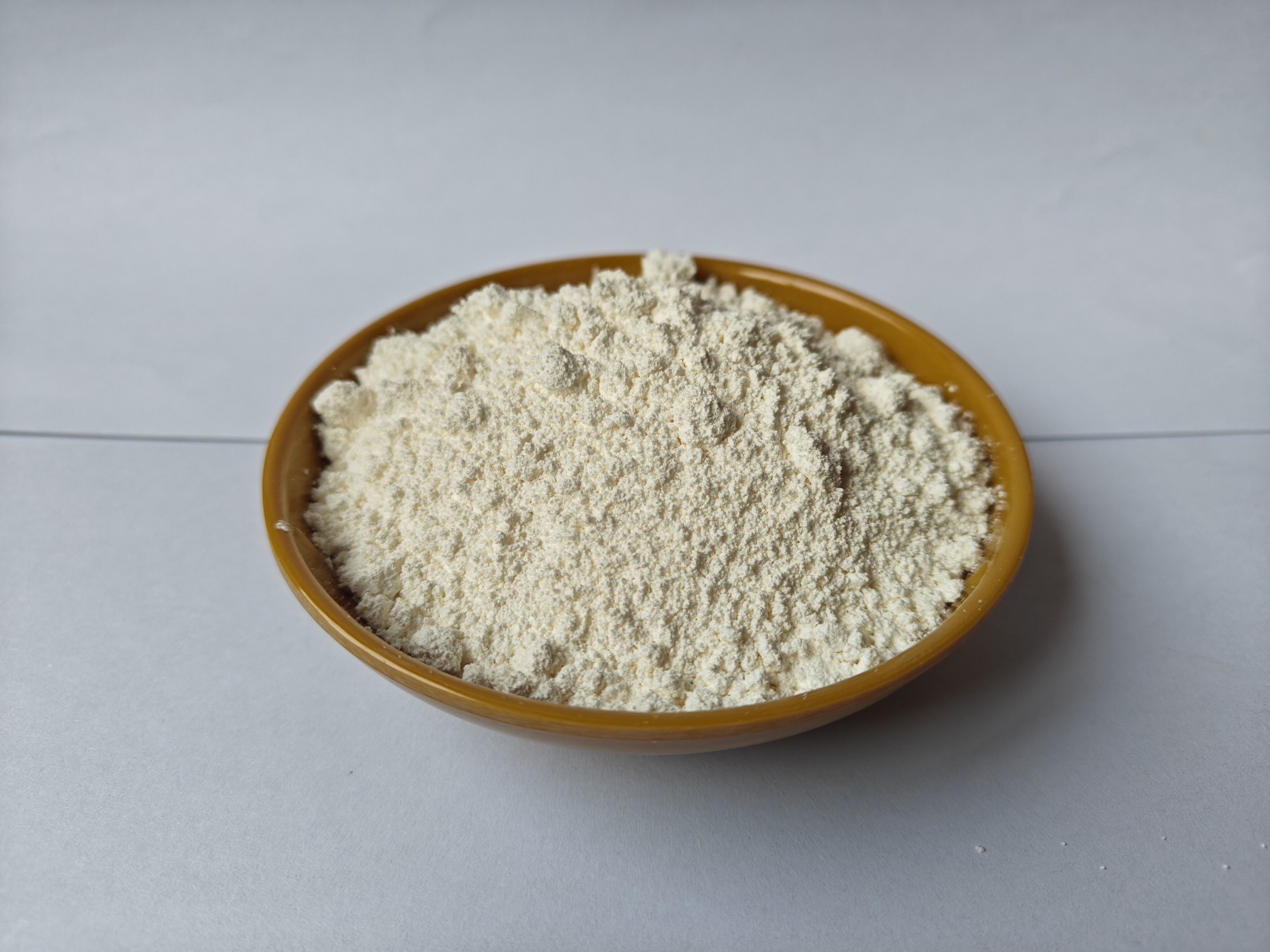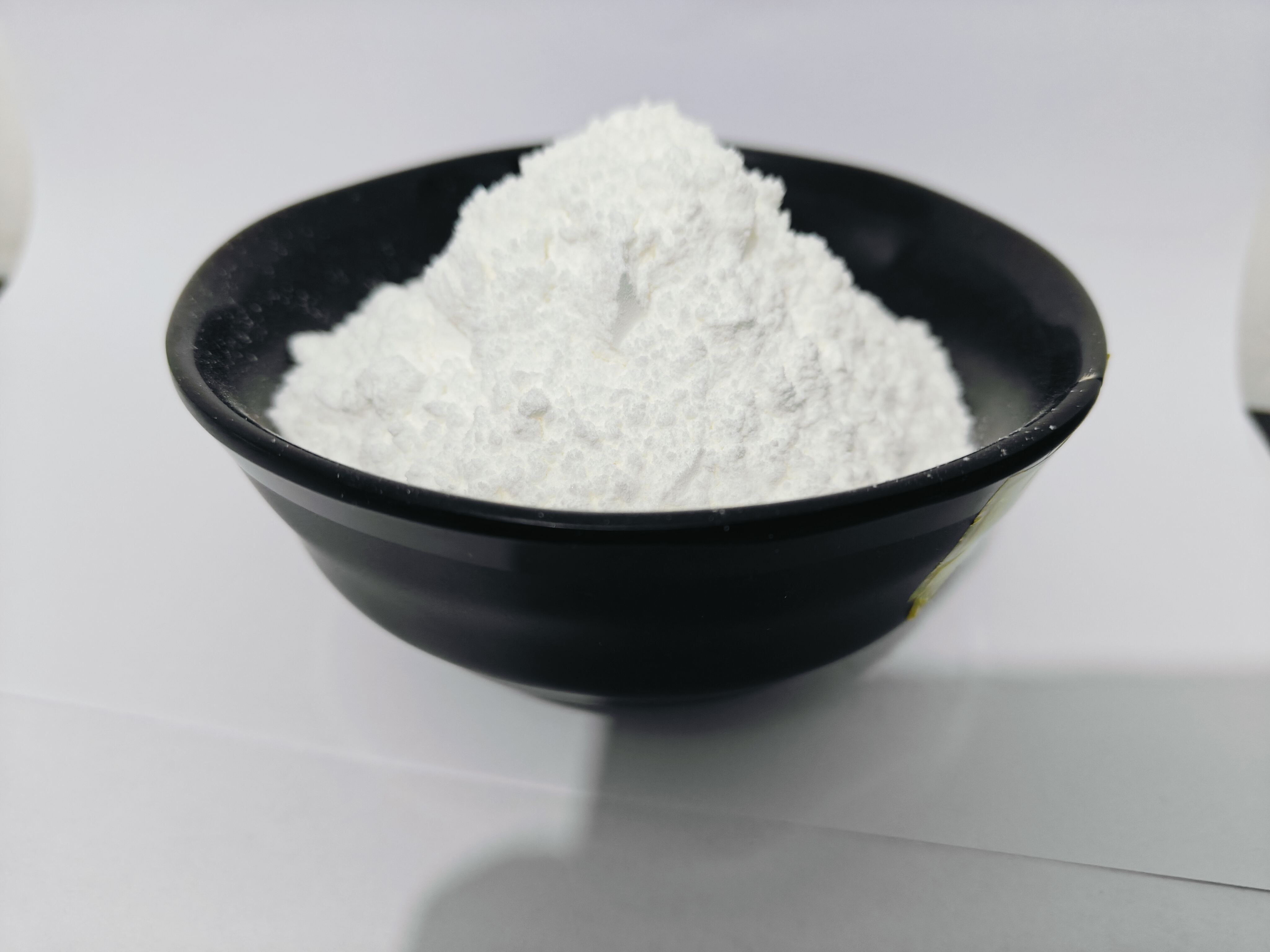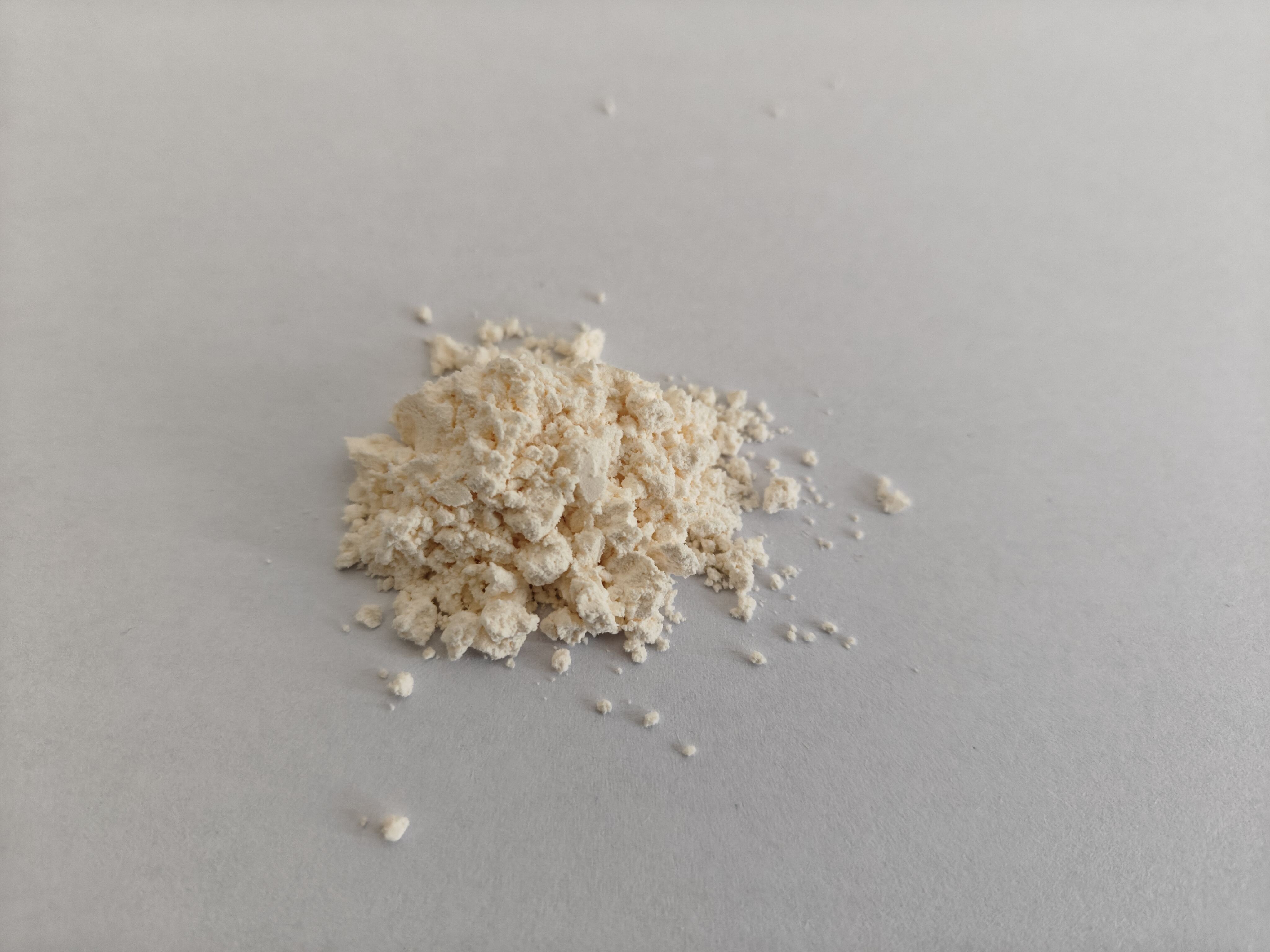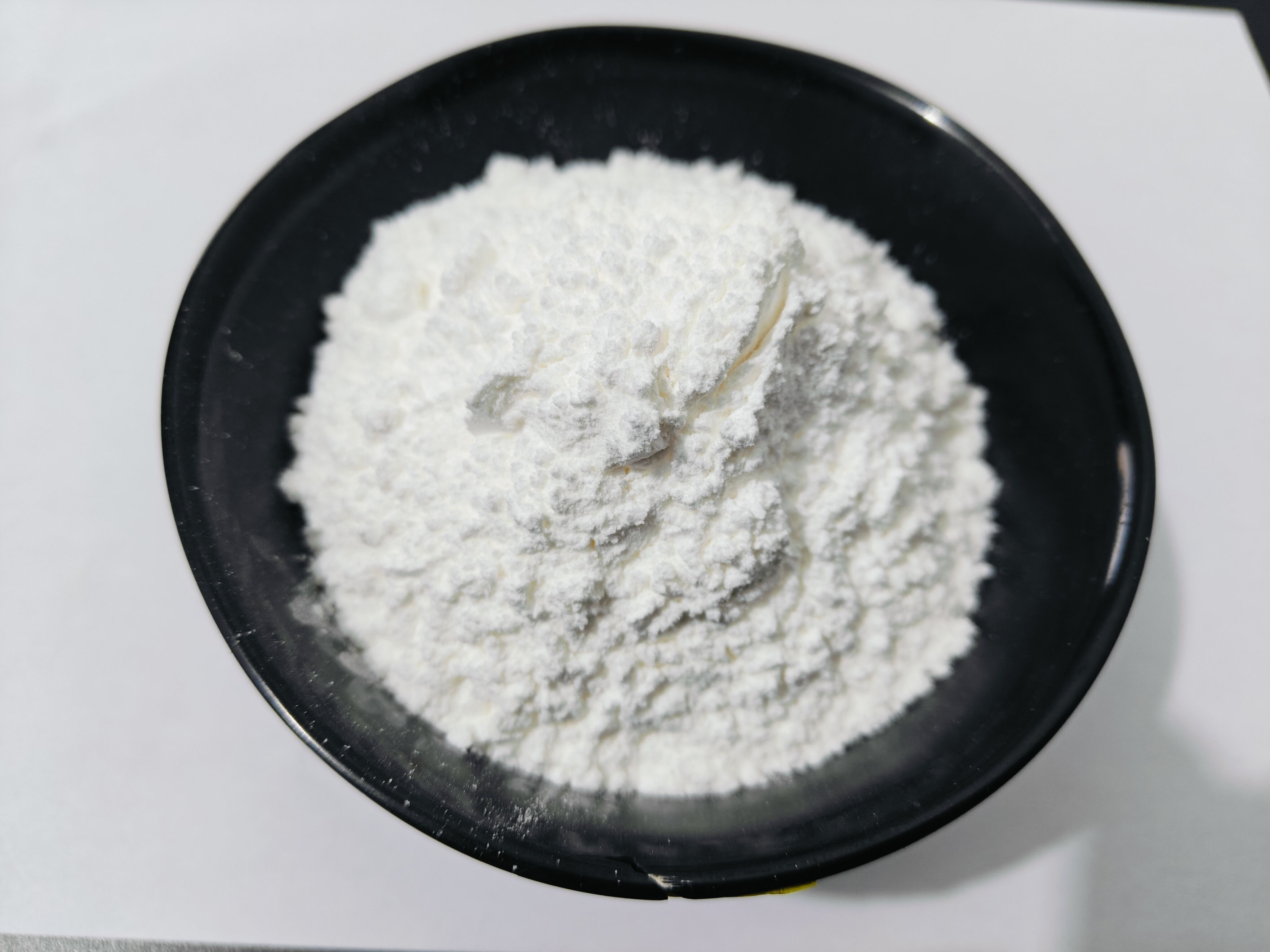tavená viskozita pro tvarování emc
Viskozita tavení pro formování EMC (Epoxy Molding Compound) je kritický parametr, který určuje kvalitu a účinnost procesů balení elektroniky. Tato vlastnost měří odpor formovací směsi proti toku při ohřátí na teplotu formování. Optimální viskozita tavení zajistí správné vyplnění formovací dutiny, úplné obalování elektronických komponentů a balení bez prázdnin. V formování EMC materiál obvykle projevuje složité reologické chování, přechází z pevného stavu do tekutého při vysokých teplotách. Viskozita tavení musí být pečlivě kontrolována v určitém rozsahu, obvykle mezi 20 a 200 Pascal-sekundami, aby byly dosaženy optimální formovací podmínky. Moderní formule EMC používají pokročilé proudnicové přímivky a katalyzátory, aby udržely konzistentní viskozitu během celého procesu formování, čímž se předcháží problémům jako nedostatečné vyplnění, posun drátu nebo posuv páku. Měření a kontrola viskozity tavení jsou nezbytné pro spolehlivou produkci elektronických balení, zejména v aplikacích vyžadujících vysokou přesnost a trvanlivost, jako jsou automobilové elektroniky, silové polovodiče a integrované obvody.

